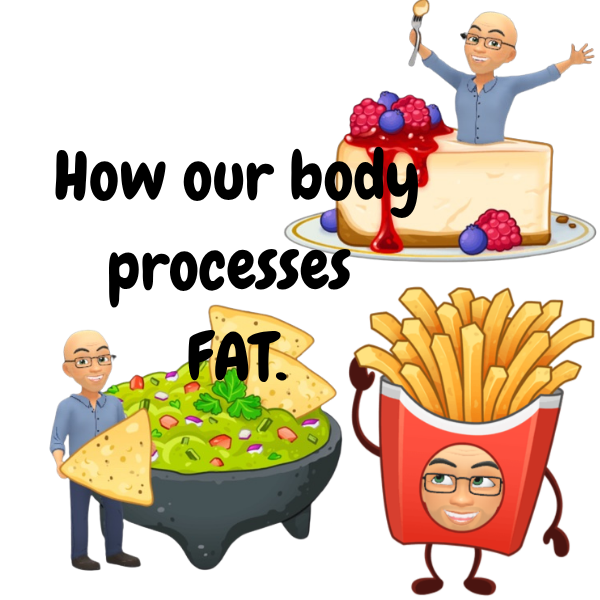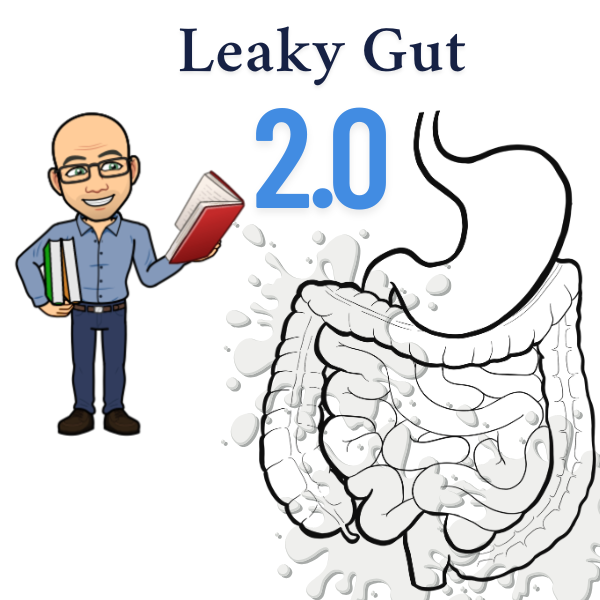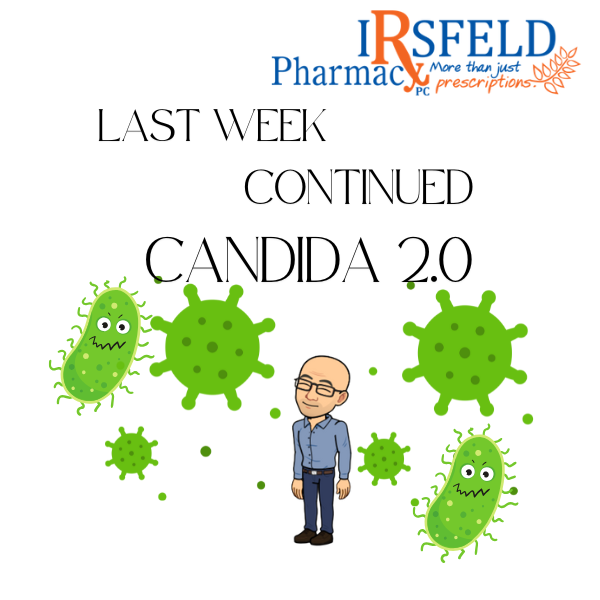February is the month of the heart for many reasons. Valentines Day is February 14th, it the holiday of love and the emotional heart. It is also designated as heart month by two separate organizations. Heart Health Month by the Heart Foundation and American Heart Month by the American Heart Association. Go Red for Women is the American Heart Association's national movement to end heart disease and stroke in women. All three of these causes center on the physical heart.
So why is there so much focus on heart disease? The physical heart is one of the most important organs in our body, if our heart stops beating, life will not continue. Many people don’t know this but Heart Disease continues to be the No. 1 cause of death in the US. This accounts for nearly 1 out of every 4 deaths in our country.
Having your cholesterol checked is one way of keeping tabs on our heart disease risk. When visiting with patients about their cholesterol, I often hear this statement; ”My bad genes are the cause of my high cholesterol, it’s in my family.” Yes, genes can play a part of your cholesterol level but the study below shows that even if your genes are not favorable, you can makes changes to decrease your risk.
A 2016 study in the New England Journal of Medicine entitled “Genetic Risk, Adherence to a Healthy Lifestyle, and Coronary Disease”. Here was the conclusion: Across four studies involving 55,685 participants, genetic and lifestyle factors were independently associated with susceptibility to coronary artery disease. Among participants at high genetic risk, a favorable lifestyle was associated with a nearly 50% lower relative risk of coronary artery disease than was an unfavorable lifestyle.
There you have it lifestyle modification can lower your risk by nearly 50%. That includes exercise, diet, stress reduction and better sleep. For those of you that have been reading this article, it sounds a lot like the Magnificent 7: Eat right, drink right, talk right, think right, move right, sleep right and poop right. Making simple changes can prove big benefits in not just cardiovascular health but overall health.
The promotion of healthy lifestyle behaviors that were listed in the study include not smoking, avoiding obesity, regular physical activity (at least once a week), and a healthy diet pattern. It really does not require a significant change to make a big difference in decreasing the risk.
Diet and Heart Disease
The root cause of heart disease is simply an inflammation in our arteries. Designing a diet that is anti-inflammatory in nature is one of the best ways to reduce our risk. A diet rich in antioxidants and phytonutrients that fight free radical damage is one of the keys to treating the underlying condition, which is oxidative stress.
How do you know what the top antioxidant foods are? Anything loaded with fiber, grown directly from the earth and brightly colored is a good place to start!
If you look at evidence from many people living a traditional diet, saturated fats do not cause coronary heart disease. Foods containing saturated fats — such as full-fat dairy, organ meats, beef, eggs, lard and butter — are actually found in high levels in many of the healthiest, longest-living people that have been studied.
Foods that help reduce inflammation and, therefore, the risk of CHD include:
•Fiber-rich and antioxidant-rich foods of all kinds
•Vegetables - all kinds – mainly deep green and colorful – vegetables to avoid would be potatoes and corn
•Fruits – especially berries and citrus
•Herbs and spices
•Traditional teas like green tea
•Legumes and beans
•Healthy fats found in nuts, seeds, avocados, wild-caught fish, coconut oil and extra virgin olive oil
•Raw, unpasteurized dairy products, cage-free eggs and pasture-raised poultry
•Red wine in moderation – keep in mind, wine is not a vitamin
If you had to choose one direction to follow regarding food, I would recommend the Mediterranean diet. It is one of the best anti-inflammatory diets there is. Foods commonly eaten in the Mediterranean region include fish, vegetables, beans, fruits and olive oil. These have been shown to lower cholesterol and triglycerides and reduce symptoms of numerous chronic diseases. Following this type of diet that is low in sugar, processed foods, preservatives, vegetable oils and artificial ingredients can also help you maintain a healthier weight.
Start small and begin incorporating one new anti-inflammatory food to your diet each day. You might be surprised at what new foods you begin to enjoy.
My next article will review some of the supplements that can speed up the body’s ability to fight inflammation and heal itself. Until next time, be vigilant about your health!!












Share On: